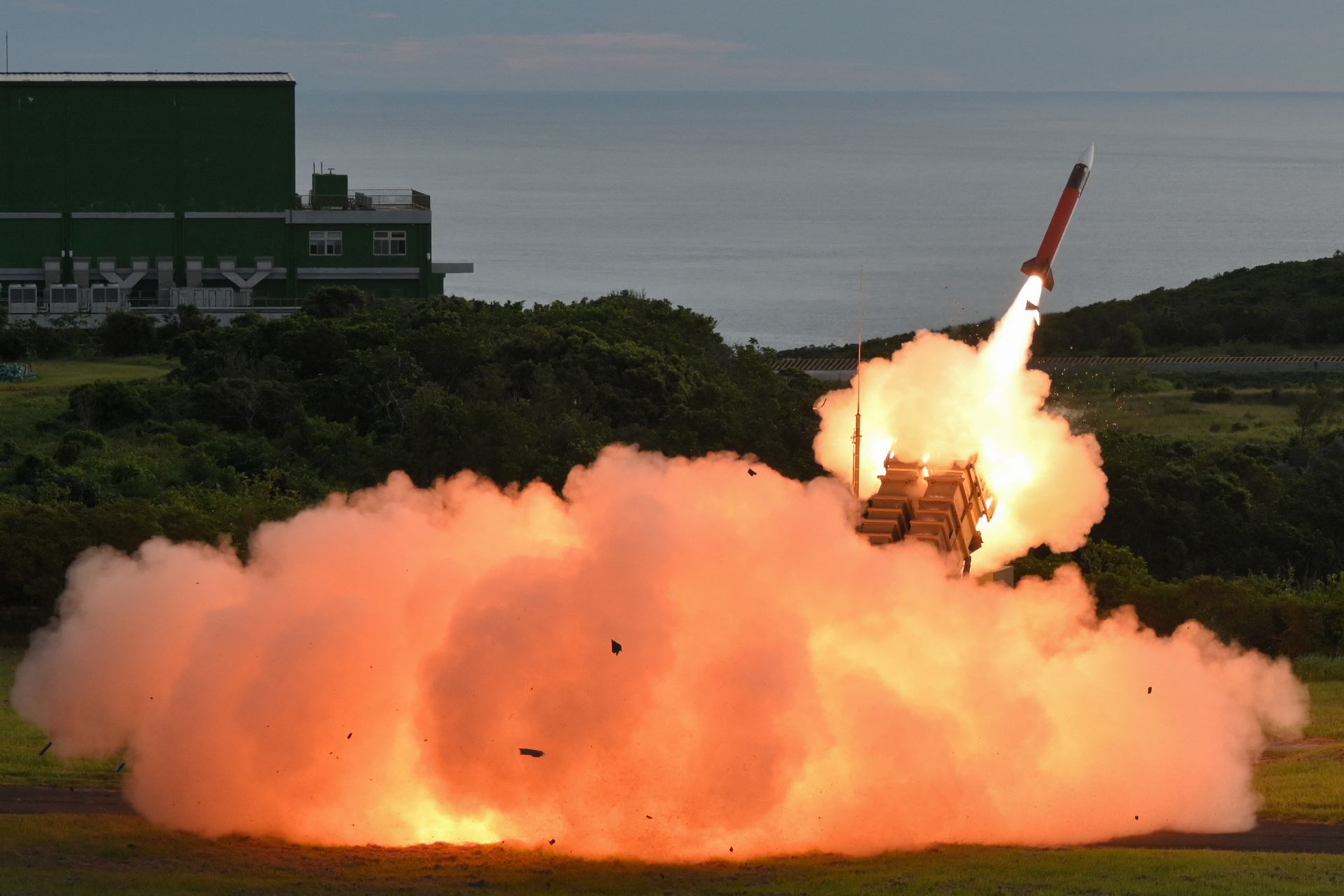Russia vows to 'firmly defend' interests in Baltic after Estonia HIMARS test

Russia will "firmly defend" its interests in the Baltic region, Kremlin spokesperson Dmitry Peskov said on July 14, responding to Estonia's recent test of HIMARS multiple launch rocket systems over the Baltic Sea.
"The Baltic region is tense due to the aggressive policies of European coastal states. Russia intends to firmly defend its legitimate interests in this region," Peskov said during a briefing.
"The fact that many countries are engaged in provocative actions there is an obvious reality."
His remarks follow Estonia's first use of HIMARS to strike simulated maritime targets in the Baltic Sea on July 11. Tallinn received six launchers in April 2025 as part of a broader regional rearmament effort triggered by Russia's full-scale invasion of Ukraine.
The U.S.-made systems, which have been used extensively by Ukraine to target Russian forces, can reach distances of up to 300 kilometers (around 186 miles), potentially putting parts of Russia's Leningrad Oblast within range.
Other Baltic nations are following suit. Lithuania has ordered eight HIMARS systems, with deliveries expected to begin this year, while Latvia has signed a deal with the U.S. to receive six launchers and ATACMS missiles by 2027.

The Baltic states — Estonia, Latvia, and Lithuania — are all NATO members and share borders with Russia or its exclave, Kaliningrad. Moscow has repeatedly warned against NATO's growing military presence in the region, framing it as a security threat.
President Volodymyr Zelensky has warned that failure to stop Russian aggression in Ukraine could lead to a direct attack on NATO territory and spark a broader war in Europe.
Tensions between NATO and Russia have continued to climb amid the Kremlin's rejection of ceasefire proposals and its increasingly aggressive posture, including threats to expand military operations beyond Ukraine.
Western intelligence agencies and officials have repeatedly warned that Russia could pose a military threat to NATO allies within the next five years.
Thanks for reading this article and staying informed. The Kyiv Independent operates without a wealthy owner or a paywall, relying solely on readers like you to fund our journalism. Consider joining our community today.











